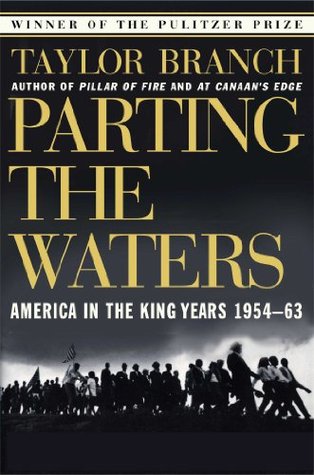Harry Emerson Fosdick had preached a widely publicized sermon at New York’s Riverside Church earlier that year in which he argued that the Communist movement had stolen two dormant aspects of traditional Christian appeal: the psychology of conversion, and the Social Gospel’s commitment to the oppressed. King read The Communist Manifesto and some interpretations of Marx and Lenin before framing an objection to communism that would serve him the rest of his life.
Welcome back. Just a moment while we sign you in to your Goodreads account.


